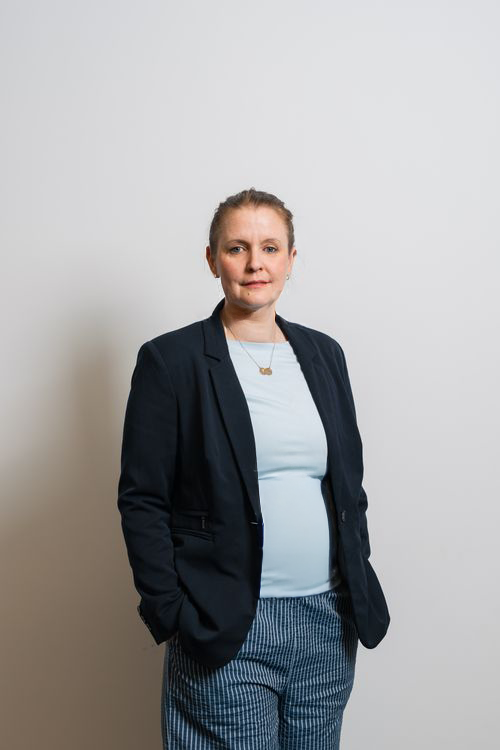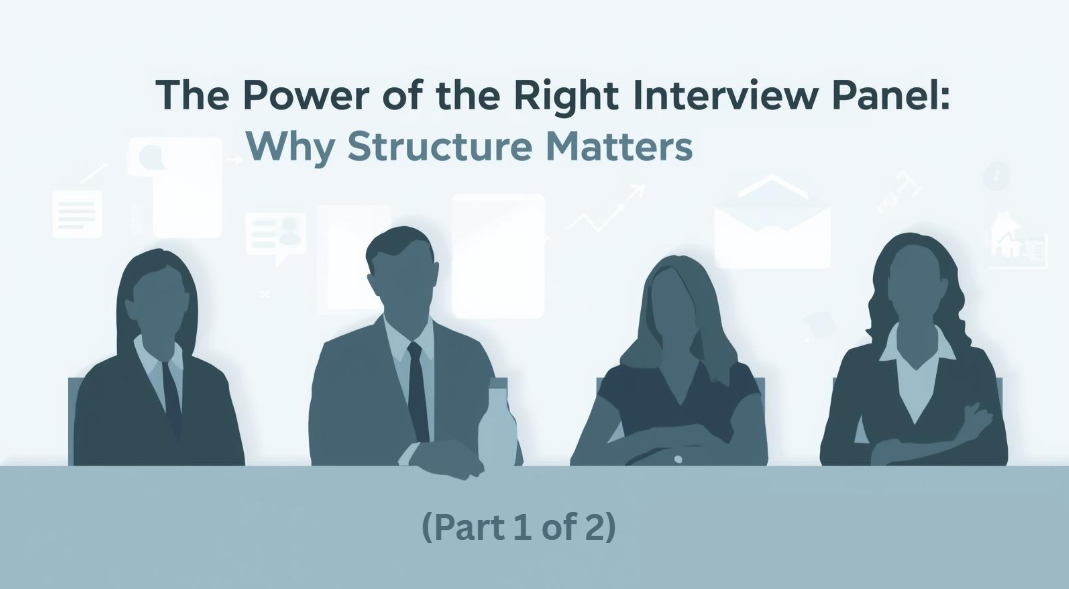The Power of the Right Interview Panel: Why Structure Matters Part 1/2:

Part 1/2:
At Morton Philips, we understand that recruitment decisions shape the future of your business.
Every hire represents not just a new team member, but an investment in capability, culture and long-term success.
Yet one of the most overlooked elements of an effective recruitment process is the structure of the interview panel.

Getting this structure correct is critical. The composition of your panel can make the difference between identifying the ideal candidate and losing them to confusion, inconsistency, complexity or misalignment among decision-makers.
Less is More – Keep the Panel Focused
A well-structured interview panel should be purposeful, balanced and aligned. Too many people in the room can dilute focus, create unnecessary complexity and make candidates feel overwhelmed or scrutinised.
Panels that are too large also slow down decision-making and can introduce conflicting opinions, making it difficult to reach a clear, timely outcome, which in itself risks losing candidates to alternative processes.
Instead, aim for quality over quantity. Each person on the panel should have a clear and meaningful role in the decision-making process.
Typically, this includes:
- The direct line manager – who understands the day-to-day requirements of the role.
- A senior leader or executive – who can assess alignment with broader business strategy and culture.
- A People & Culture representative – who ensures fairness, compliance and alignment with company values.
These three perspectives are often sufficient to create a rounded, balanced view of a candidate, particularly when interviewing for senior positions.
Not Every Role Requires a Panel
It is also important to note that not every position warrants a formal interview panel. For junior or support roles, a one-on-one or paired interview is often more appropriate. Over-engineering the process for these positions can create unnecessary delay and inefficiency - it may even discourage good candidates who prefer a more personal, conversational approach.
Your Morton Philips consultant can guide you in determining the right interview structure for each campaign. We will help you identify which stakeholders should be involved and at what stage of the process. Each recruitment assignment is unique, and the ideal panel will vary depending on the level, complexity and strategic importance of the role.
Morton Philips – 08 8210 8510– operations@mortonphilips.com.au



.svg)


